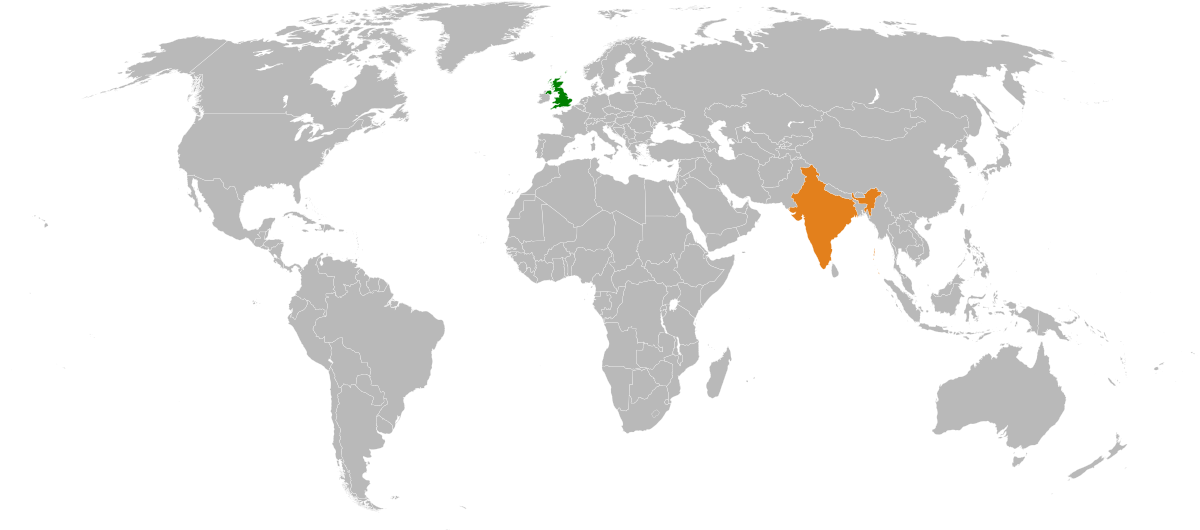Bengaluru: To further fuel co-innovation and collaboration in the field of science and technology, the UK government has launched a £3 million Innovation Challenge Fund to support scientists in academia and industry to tackle the most acute global challenges of our time – COVID-19 and the threat to the environment.
The Fund invites tech innovators with connections to the AI-Data cluster in Karnataka and the Future Mobility cluster in Maharashtra to submit research and development proposals for tackling COVID-19 or which promote a greener planet.
At least 12 grants up to £250,000 are expected to be awarded. The deadline for submitting two-page concept notes is 31 August and further details are available on the website.
The initiative builds on the Indian and British Prime Ministers’ commitment to bring together the best minds from both countries under the UK-India Tech Partnership, to deliver high-skilled jobs and economic growth as well as to collaborate on some of the world’s biggest challenges.
Climate challenge
Commenting on the development, High Commissioner to India Philip Barton said the UK and India have a strong history of research and innovation.
Both COVID-19 and climate challenge demonstrate that the most urgent challenges are global, and there has never been a greater need for academia, business and government to accelerate innovation, and for nations to collaborate to save lives and build a better future, said High Commissioner to India Philip Barton.
In April 2018, the Indian and British Prime Ministers announced the formal creation of the UK-India Tech Partnership. The programme aims to bring together the best minds working in tech to unlock its future potential and deliver high-skilled jobs and economic growth in both countries. The key aim is to catalyse innovation and technology, which will address global challenges.
Catalyse innovation
In April 2018, the Indian and British Prime Ministers announced the formal creation of the UK-India Tech Partnership. The programme aims to bring together the best minds working in tech to unlock its future potential and deliver high-skilled jobs and economic growth in both countries. The key aim is to catalyse innovation and technology, which will address global challenges.
Expressing happiness on the development, UK-India Tech Partnership Head (British High Commission) Karen McLuskie, said this fund aims to get behind the innovation heroes, whether they are working to battle the virus or the even greater looming global threat: climate change.
“We are proud to work with India, as twin world leaders in the development and adoption of emerging tech for the benefit of all,” said UK-India Tech Partnership Head (British High Commission) Karen McLuskie.
In April 2018, the Indian and British Prime Ministers announced the formal creation of the UK-India Tech Partnership. The programme aims to bring together the best minds working in tech to unlock its future potential and deliver high-skilled jobs and economic growth in both countries. The key aim is to catalyse innovation and technology, which will address global challenges. This is part of the UK Industrial strategy.
Tech partnership
These grants are part of a wider initiative under the Tech Partnership known as ‘Tech Clusters’. Tech Clusters will support the development of Indian Tech Clusters by breaking down barriers to growth, including building international links. The intent is to capitalise on regional and sectoral strengths in order to drive innovation-led inclusive growth.
For more details on Innovation Challenge Fund click here: AI & Data, Future Mobility
The UK is playing a major role in the international response to the pandemic as a force for good. It is a world leader in science and a major economy and donor, with expertise in disease outbreaks and vaccine development. Scientists at Oxford University and Imperial College London are leading global efforts to develop a working COVID-19 vaccine.
As the world progresses towards a green recovery from COVID-19, the UK is committed to ensuring sustainable energy, disaster resilience and reducing environmental degradation to prevent the wider challenges of climate change and loss of biodiversity. The UK will host next year’s UN climate conference COP26.
This article first appeared in the NFA Post and is republished with permission












Comments are closed.